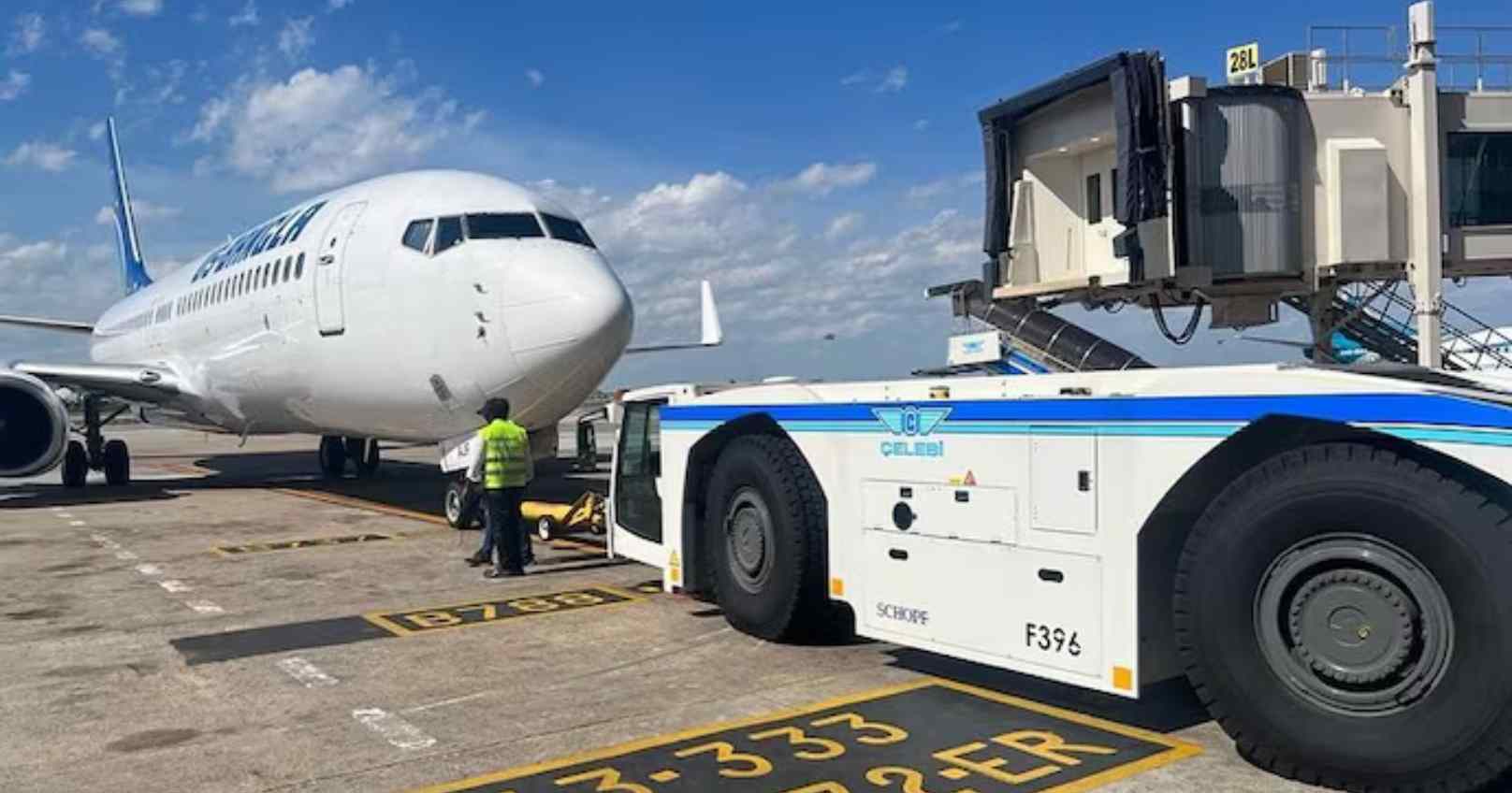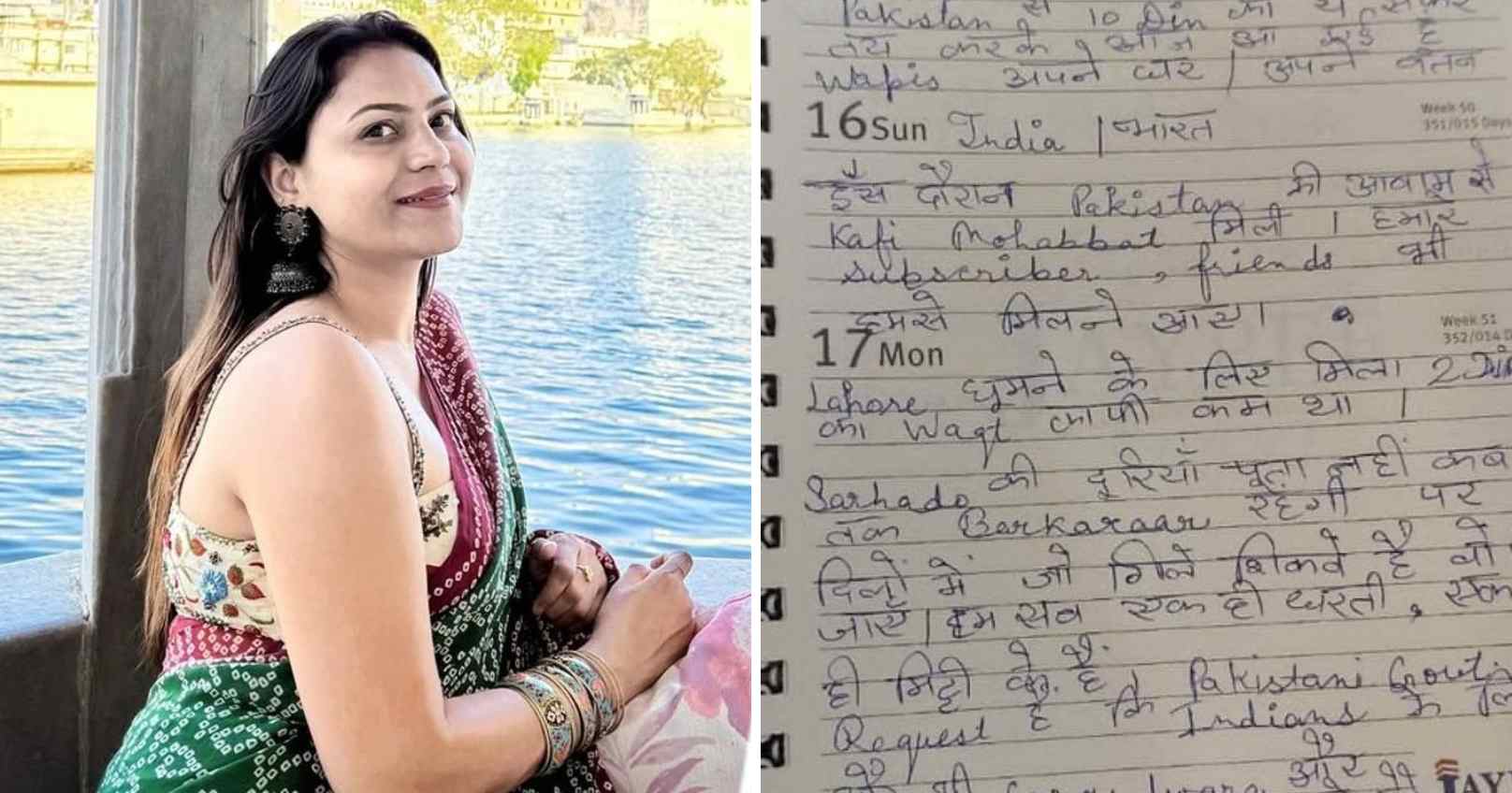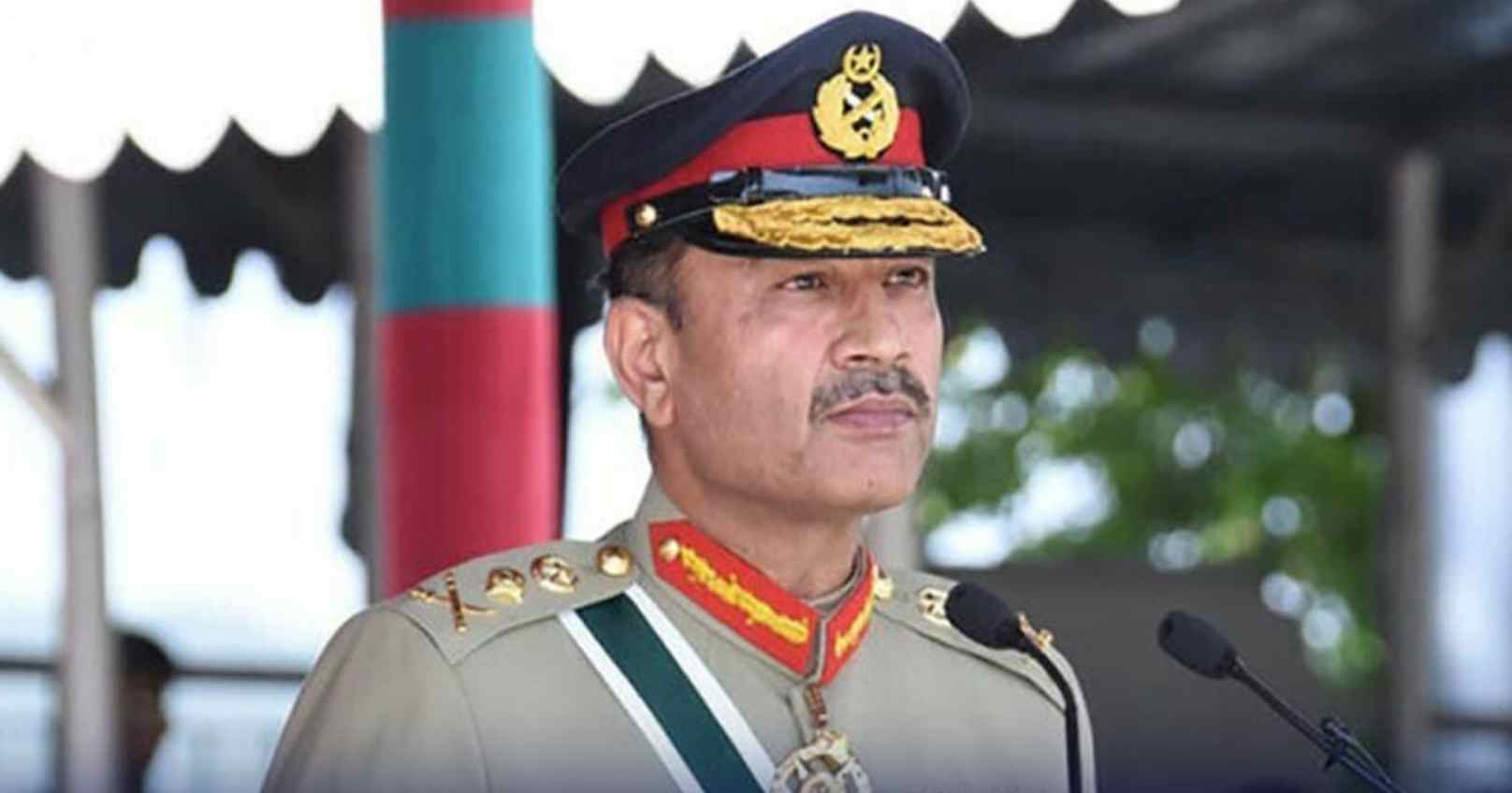Celebi Aviation Services India Pvt Ltd, a key ground-handling firm at several Indian airports, approached the Delhi High Court on Wednesday to contest the government’s decision to withdraw its security clearance on grounds of national security.
Represented by Senior Advocate Mukul Rohatgi, the company asserted its Indian identity, arguing that it has operated in India for nearly two decades without incident. “We are an Indian entity, employing Indian citizens. The cancellation of our security clearance is unjustified and arbitrary,” Rohatgi told the bench led by Justice Sachin Datta.
The challenge stems from a May 15 order by the Bureau of Civil Aviation Security (BCAS), issued shortly after Turkey—where Celebi's parent company is based—voiced support for Pakistan and criticized India's counterterrorism actions. Although the political backdrop has led to speculation, Rohatgi’s arguments focused solely on procedural shortcomings.
He told the court that Celebi had not received prior notice or an opportunity to respond, which he said was in violation of Rule 12 under the prevailing civil aviation security regulations. “Earlier legal precedents relied on outdated rules from 1937. The current regime under the 2011 rules clearly requires that a hearing be granted before such an action is taken,” he said.
Rohatgi stressed that Celebi had been denied access to the underlying materials used to justify the clearance withdrawal. “I’m not demanding full disclosure—only a fair chance to understand what the concerns are. If the issue is that some personnel are from Turkey, I am open to replacing them,” he offered.
He also clarified the scope of Celebi's operations, stating that the company does not run commercial outlets or duty-free shops but handles essential services like passenger assistance, baggage movement, and check-in processes. “They’ve now reassigned my 10,000 employees under different handlers. It’s the company being penalized, not the individuals,” he said.
Centre Cites Security Threats
Countering the plea, Solicitor General Tushar Mehta defended the government’s stance, describing it as a precautionary measure rooted in national security concerns. “Security agencies cannot afford even a single lapse. If any potential risk is identified, pre-emptive action becomes essential. National security—especially concerning civil aviation—must always be prioritized,” Mehta told the court.
Celebi’s Indian Operations
Celebi, which began in Istanbul, has built a significant footprint across nine major Indian airports including Delhi, Mumbai, and Bengaluru. It services about 58,000 flights annually and handles roughly 540,000 tonnes of cargo.
At Mumbai’s Chhatrapati Shivaji Maharaj International Airport, Celebi manages close to 70 percent of the ground-handling operations. Its responsibilities include aircraft handling, cargo logistics, and other airside services—all of which are tightly monitored under aviation safety protocols.
The court will continue hearing the matter as the legal battle unfolds over the balance between commercial rights and national security.







